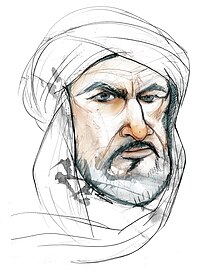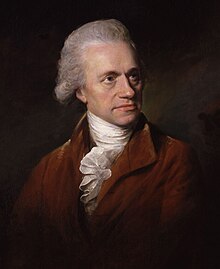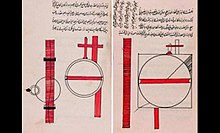1058 ⟶ Al-Zarqālī Discovers Solar Apsidal Precession
al-Zarqālī in Islamic Spain discovers the apsidal precession...Year
1000
1058
1781
1801
1930
☀️ Al-Zarqālī Discovers Solar Apsidal Precession
al-Zarqālī in Islamic Spain discovers the apsidal precession of the Sun.⟶

AstronomySolar SystemPrecessionAl-ZarqālīIslamic Golden Age11th Century
 Spain
Spain🪐 William Herschel Discovers the Planet Uranus
Amateur astronomer William Herschel discovers the planet Uranus, although he at first mistakes it for a comet. Uranus is the first planet to be discovered beyond Saturn, which was thought to be the most distant planet in ancient times.⟶

AstronomyPlanetary ScienceSolar SystemDiscoveryTelescopeHerschel18th CenturyScientific Revolution
 United Kingdom
United Kingdom☄️ Giuseppe Piazzi Discovers Ceres, Later Classified as an Asteroid
Italian astronomer Giuseppe Piazzi discovers what appears to be a new planet orbiting between Mars and Jupiter, and names it Ceres. William Herschel proves it is a very small object, calculating it to be only 320 km in diameter, and not a planet. He proposes the name asteroid, and soon other similar bodies are being found. We now know that Ceres is 932 km in diameter, and is now considered to be a dwarf planet.⟶

AstronomyAsteroidCeresPlanetary ScienceHerschel19th CenturySolar System
 Italy
Italy United Kingdom
United Kingdom🪐 Clyde Tombaugh Discovers the Dwarf Planet Pluto
Clyde Tombaugh discovers the dwarf planet Pluto at the Lowell Observatory in Flagstaff, Arizona. The object is so faint and moving so slowly that he has to compare photos taken several nights apart.⟶

AstronomyPlanetary SciencePlutoDwarf PlanetClyde TombaughSolar SystemLowell Observatory20th Century
 United States
United States
